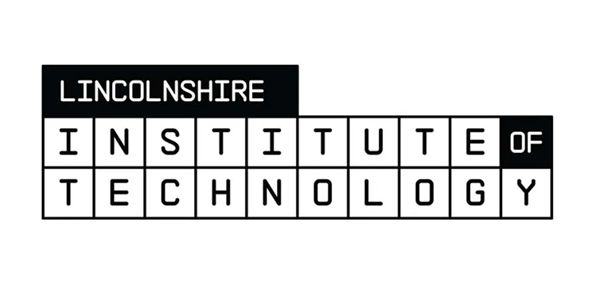What does it all mean?
Our jargon buster helps to explain what many of these terms mean in order to enable you to make an informed choice about your future.
Alumni - A university/college past students.
Campus – the grounds and building of the university.
Campus university – a university where everything is based on one site such as accommodation, lecture rooms and libraries.
Metropolitan university – usually campus is spread across different buildings across a town or city.
Conservatoire – a specialist higher education institution for the study of performance-based courses, such as music or drama.
Freshers week – a structured programme of activities for new students to help them meet new friends, find their way around and prepare for university-level study.
Halls of residence – student accommodation.
Lectures, seminars and tutorials – lessons.
Lecturers, tutors and academics – teachers.
Students union – a student-run organisation that runs sports and social activities as well as support services for students.
Russell group – a group of universities that are seen as ‘research intensive’, meaning that they place a strong emphasis on research through their teaching.
Oxbridge – is a combination of Oxford and Cambridge, and is often used as a quick way to refer to both universities. They are separate universities though.
Selective universities – universities with the highest entry requirements, that require applicants to take an admissions test, or that interview the majority of applicants.
University alliance – a group of universities that have close links with business and are committed to driving innovation and enterprise.
Undergraduate – a student studying their first degree.
Graduate – someone who has completed an undergraduate degree.
Postgraduate – people who are studying for a postgraduate diploma, masters or PhD.
Adjustment – an optional service that gives students who get better grades than they expected the opportunity to find a different course.
Apply – the name of UCAS online application system.
Buzzword – a code supplied by the schools/ colleges to link students' UCAS applications to their school/college.
Choice – the university/college course(s) your child applies for.
Clearing – a process through which students who did not achieve their firm or insurance choice can look for alternative courses, or for anyone making a first-time application after 30 June.
Conditional offer – an offer of a university/college place that requires the student to get certain grades or meet certain requirements. Higher education terminology explained
Direct contact service – optional service for students with no offers that allows universities/colleges to get in touch with students about courses that might interest them.
Extra – a service that allows students to add another course choice if they don’t have any university or college offers, or have decided not to proceed with the offers they have.
Firm choice – your young person's first choice of course.
Insurance choice – your child's second choice of course – usually one with lower entry requirements than the firm choice
Personal statement – part of the UCAS application form in which students demonstrate their skills and qualities in order to persuade universities/colleges to offer them a place.
Track – the online system through which students can track the progress of their university/college application.
Unconditional offer – an offer of a university or college place to a student who is deemed to have met the requirements, typically through already having the required grades.
Unsuccessful application – when a university/college decides not to offer a student a place.
Withdrawal – when a choice is withdrawn either by the university/college or by the applicant.
Student finance – refers to student loan provided by the government to meet course and living costs.
UCAS – university and colleges admissions service. Everyone who applies for an undergraduate degree course replies through UCAS.
Loan – money lent to you which you have to pay back (when you’re working).
Maintenance – relating to your living expenses and any other non-degree related costs.
Tuition – often used in the term ‘tuition fees’. These cover the costs to your university for teaching, maintenance of university facilities, resources, and to cover your degree.
Bursary – non-competitive monetary awards (circumstance dependent/academic achievement).
Scholarship – competitive monetary awards (circumstance dependent/academic achievement).
Grant – money that was given to you that you don’t have to pay back.













